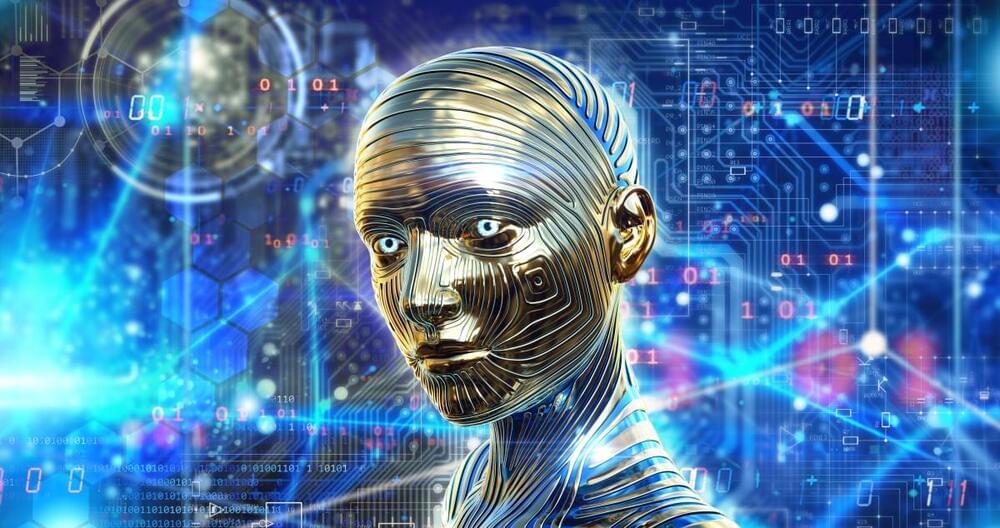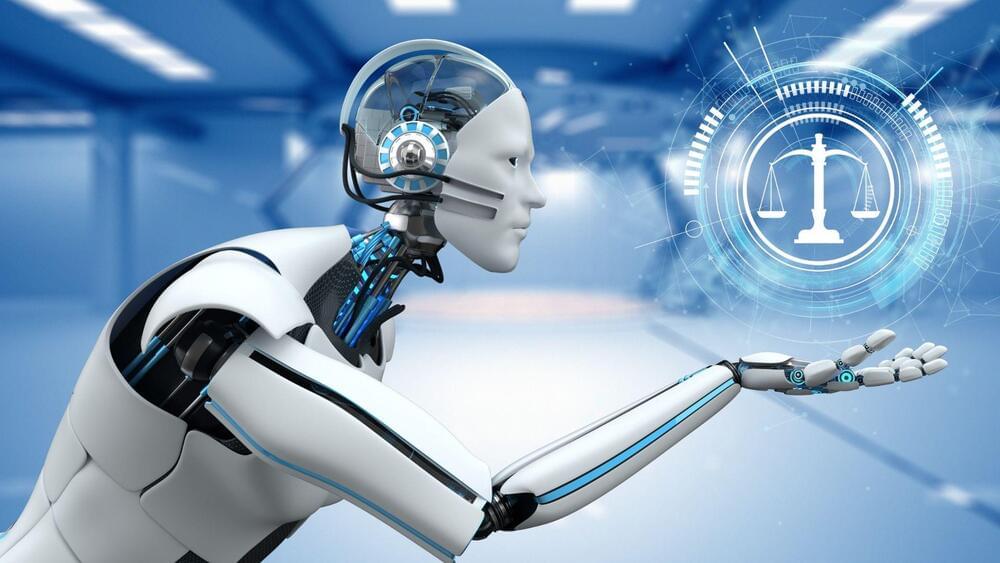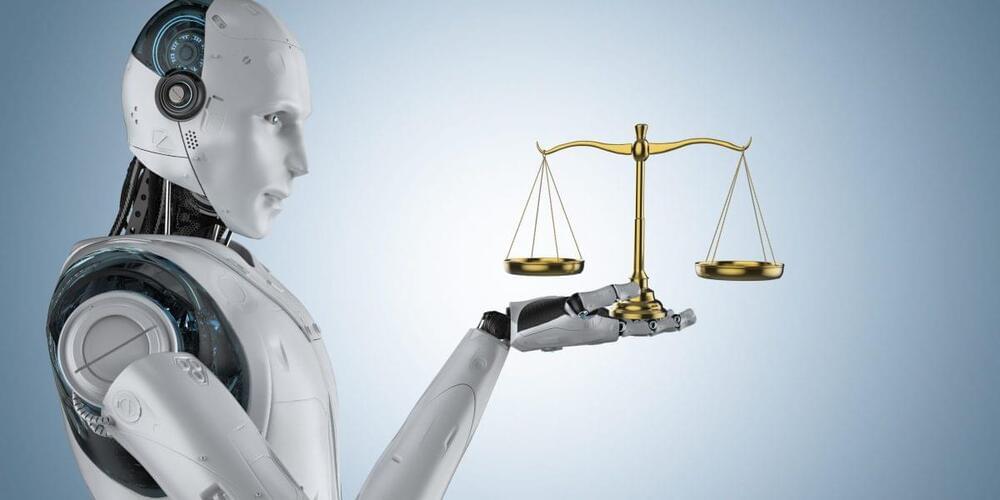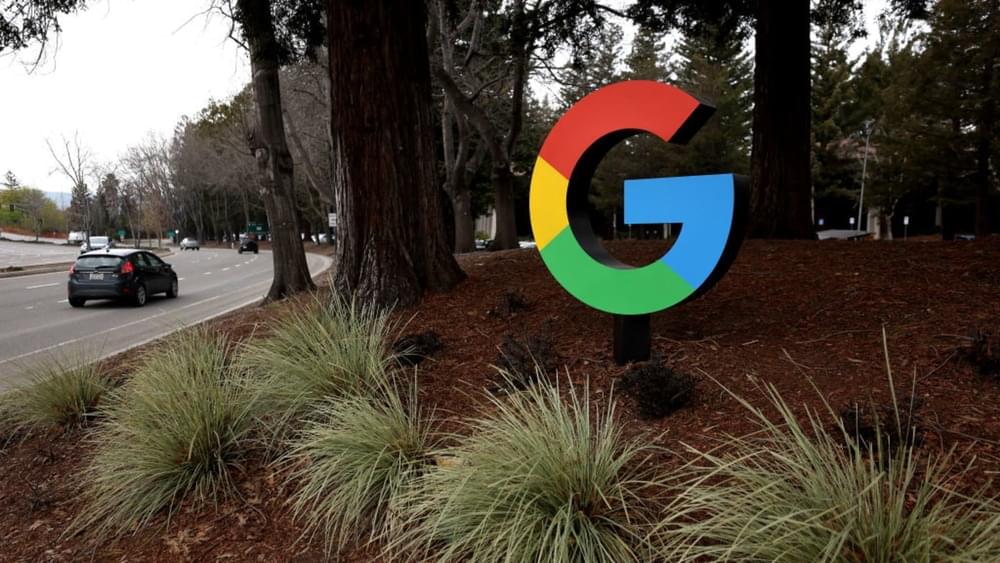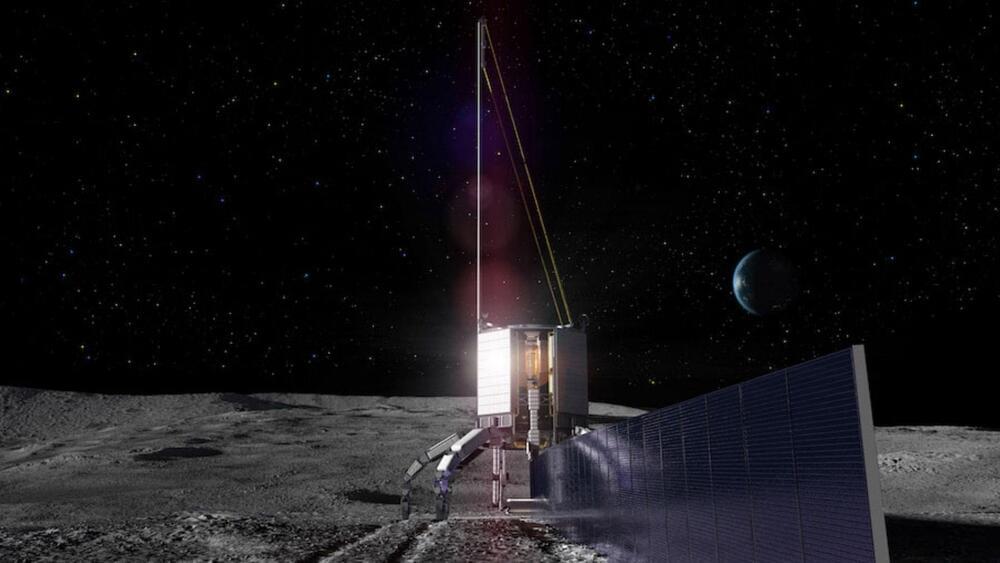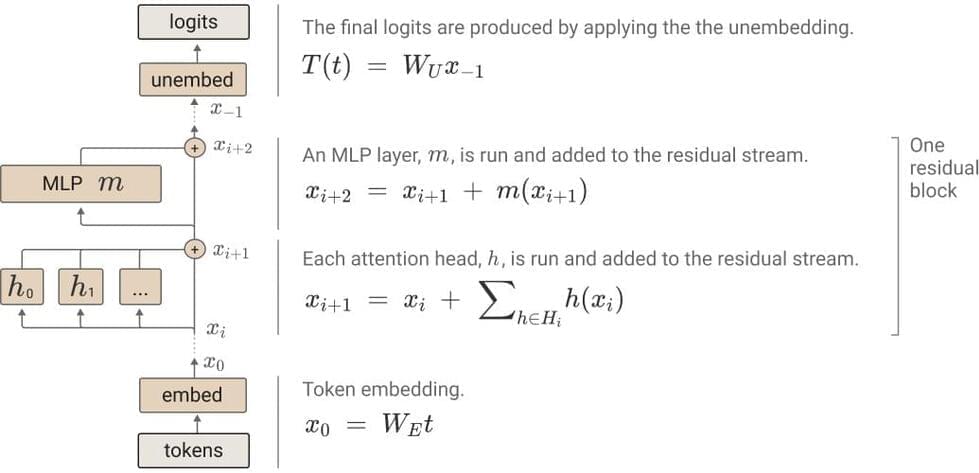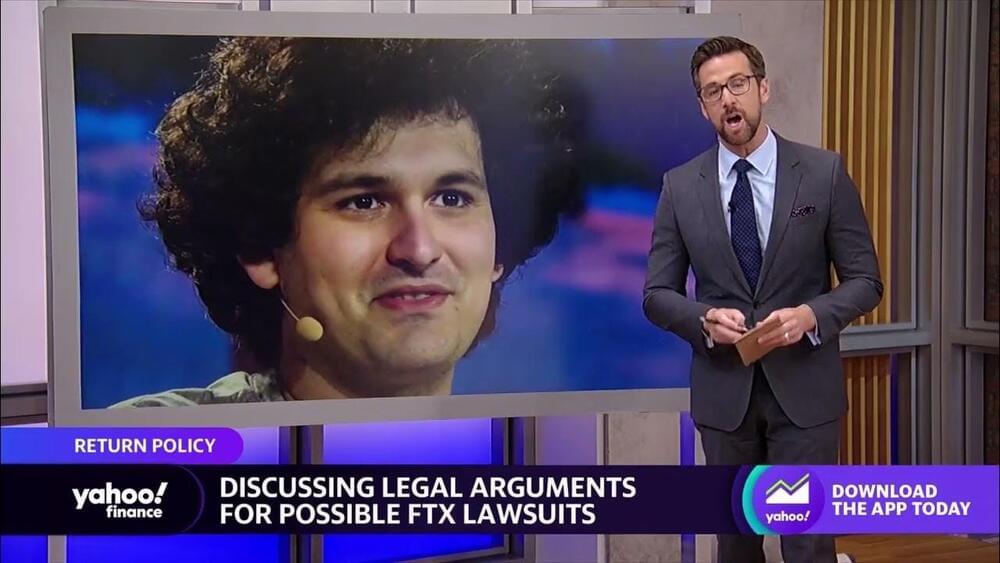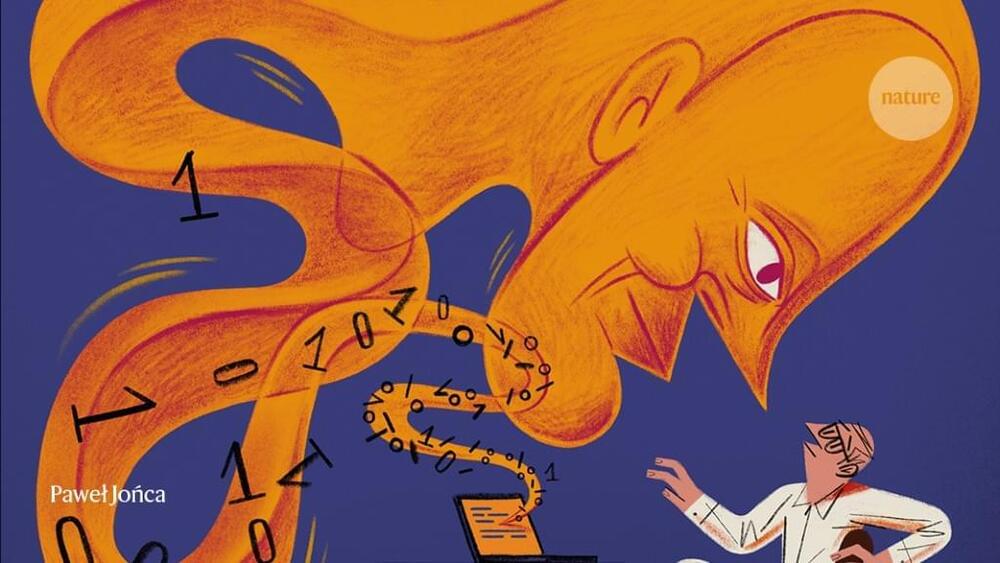Feb 18, 2023
Generative AI is here, along with critical legal implications
Posted by Jose Ruben Rodriguez Fuentes in categories: law, robotics/AI, security
Check out all the on-demand sessions from the Intelligent Security Summit here.
Artificial intelligence (AI) has already made its way into our personal and professional lives. Although the term is frequently used to describe a wide range of advanced computer processes, AI is best understood as a computer system or technological process that is capable of simulating human intelligence or learning to perform tasks and calculations and engage in decision-making.
Until recently, the traditional understanding of AI described machine learning (ML) technologies that recognized patterns and/or predicted behavior or preferences (also known as analytical AI).
